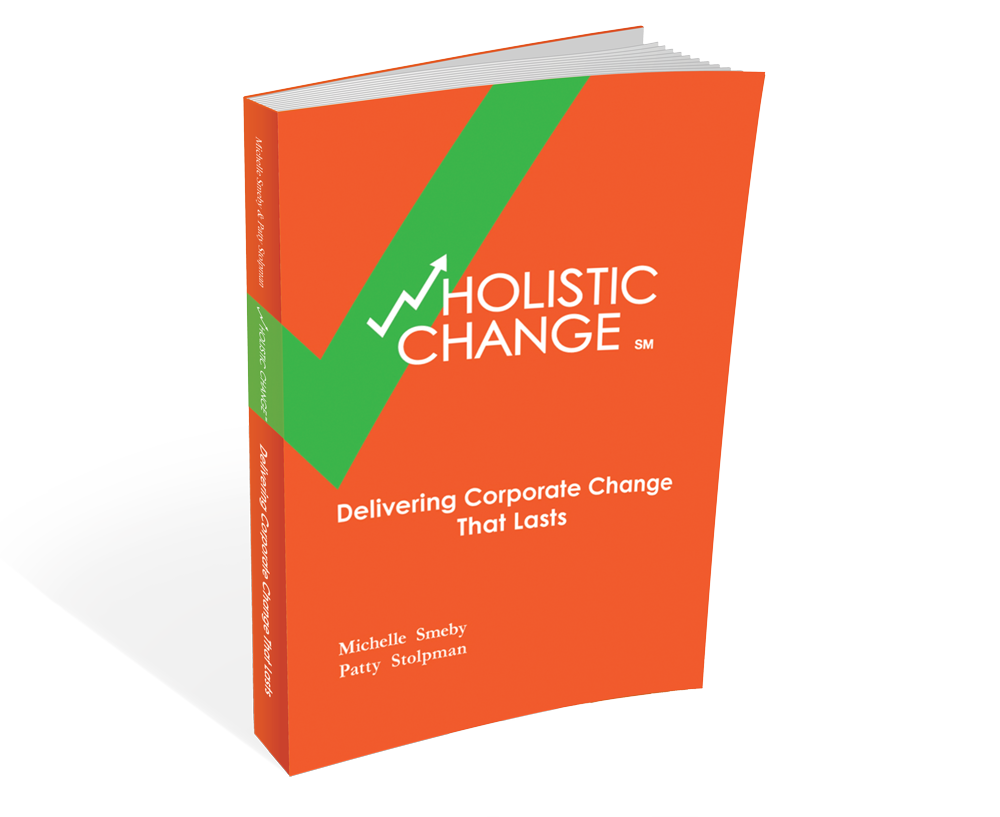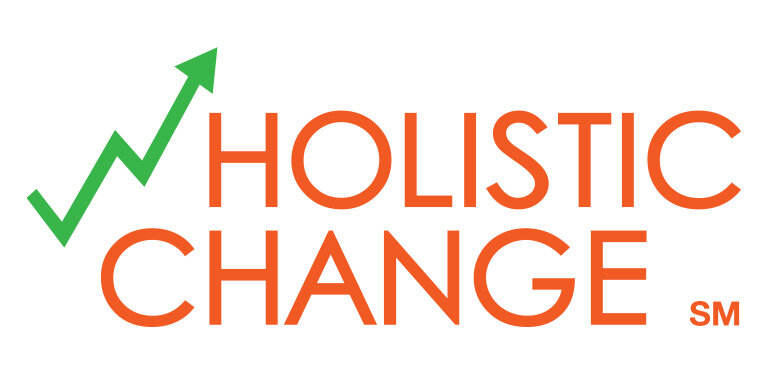When change in your organization is constant, and your people are in a daily stress pattern and always uncertain of what they're supposed to be doing, it's important to consider what the cumulative effects of that stress may result in;
"...when the stressors of your life are always present, leaving you constantly feeling stressed, tense, nervous or on edge, that fight-or-flight reaction stays turned on. The less control you have over potentially stress-inducing events and the more uncertainty they create, the more likely you are to feel stressed. Even the typical day-to-day demands of living can contribute to your body's stress response.
The long-term activation of the stress-response system — and the subsequent overexposure to cortisol and other stress hormones — can disrupt almost all your body's processes. This puts you at increased risk of numerous health problems, including:
- Heart disease
- Sleep problems
- Digestive problems
- Depression
- Obesity
- Memory impairment
- Worsening of skin conditions, such as eczema"
As a manager of a change effort, and as a manager of an operational unit that has been experiencing constant change, look for these indicators in your people to see if something is surfacing that you need to take care of. These indicators are not all outwardly visible, so make an attempt periodically to take the temperature of your people -- maybe listen in on some water cooler talk, or cultivate an open relationship with people in your unit who will share with you how they feel and how they think their peers are feeling.If the feedback of your people indicates that constant change has caused them to hit a wall due to all of the stress, see if there's an opportunity to take a breather. Maybe let the latest change settle and don't introduce anything new right away. During this time of settling make sure that there's a channel for feedback open so you can hear people's thoughts, and make sure people know that if things aren't good they will be fixed -- but also make sure they know that will happen at some point in the future when more change can be tolerated.

